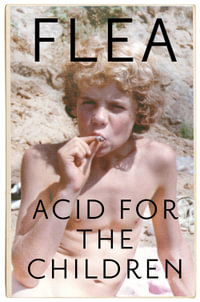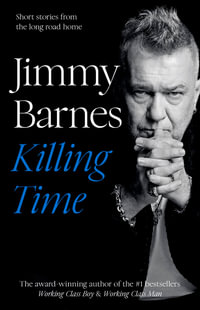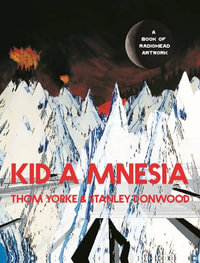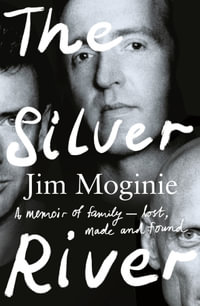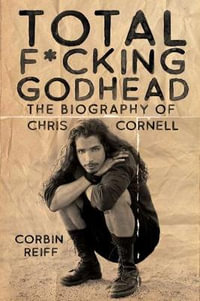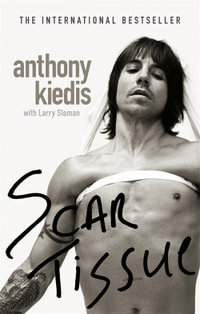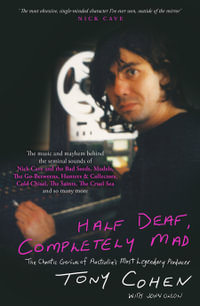‘Young Hearts Run Free’ is an antidote to ‘I Love the 1970s’; it is the real story of the 1970s from the critically acclaimed author of ‘Manchester, England’.
The 1970s is a decade frequently miscast; a parade of fashion disasters backed by a soundtrack of glam rock or frothy, mainstream disco. The generation who grew up in the 1970s remember the decade differently: inflation, strikes, and power cuts; the rise of the National Front; IRA terror campaigns on the British mainland; women’s liberation; 'Mean Streets'; 'Taxi Driver' and 'Apocalypse Now'.
‘Young Hearts Run Free’ tells the story of the 1970s, celebrating the musicians and songs that illuminated the ideas, fashions and sexual revolutions of the decade including: the politicised soul and funk of Curtis Mayfield and Marvin Gaye, the Punk explosion, New Wave, David Bowie and Ziggy Stardust, gay disco, the Stooges, Patti Smith, the Raincoats, Cabaret Voltaire, the Specials, and black British reggae.
‘Young Hearts Run Free’ uses in-depth research, drawing not only on interviews with musicians, writers, and artists but also a wide range of representatives of the 70s generation. They introduce us to life and music away from the mainstream: nothing bland, nothing obvious, definitely not Abba.
CHAPTERS
Intro: Boogie Wonderland (Earth, Wind & Fire, 1979)
One: Lolo (The Kinks, 1970)
Two: Riders on the Storm (The Doors, 1971)
Three: Freddie's Dead (Curtis Mayfield, 1972)
Four: All the Young Dudes (Mott the Hoople, 1972)
Five: Raw Power (The Stooges, 1973)
Six: Sad Sweet Dreamer (Sweet Sensation, 1974)
Seven: Turn the Beat Around (Vicki Sue Robinson, 1976)
Eight: God Save the Queen (Sex Pistols, 1977)
Nine: Handsome Revolution (Steel Pulse, 1978)
Outro: Everyone's Happy Nowadays (Buzzcocks, 1979)
Industry Reviews
'For Dave Haslam, Candi Stanton's song "Young Hearts Run Free" provides the theme for 1976. Political strife, race riots and the battle for gay liberation provide the gritty background for a grim survey of the decade's popular culture. Haslam has every right to look back in anger.' Mark Sanderson, Sunday Telegraph 'Haslam is determined to set the record straight and offers an exhaustive survey of the 1970's the revival merchants want to avoid.' Gary Lachman (founding member of Blondie), Guardian 'Haslam tells the story with an enthusiastic and discriminating eye.' Sunday Telegraph 'His book mounts a blistering, sometimes blustering attack on the nostalgic sanitisation of a troubled decade and offers a good-taste guide to its music.' Robert Sandall, Sunday Times 'As in "Manchester, England", his admirable cultural history of his adopted home city, Haslam cuts his subject into free-flowing chapters that move at speed between politics, music and personally rendered social history!The pace is breathless.' John Harris, New Statesman 'Haslam's book does more than redress the way recent history has been rewritten to define the decade as an era of bad hair and great telly and ill-clad musical kitch. The real life experiences of his cast of characters bear out Haslam's point.' Metro



